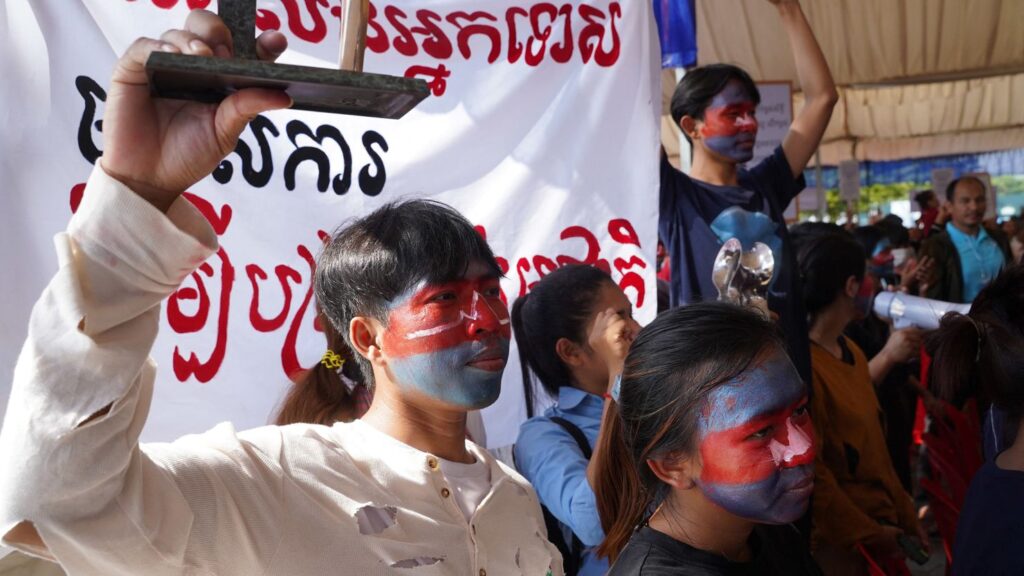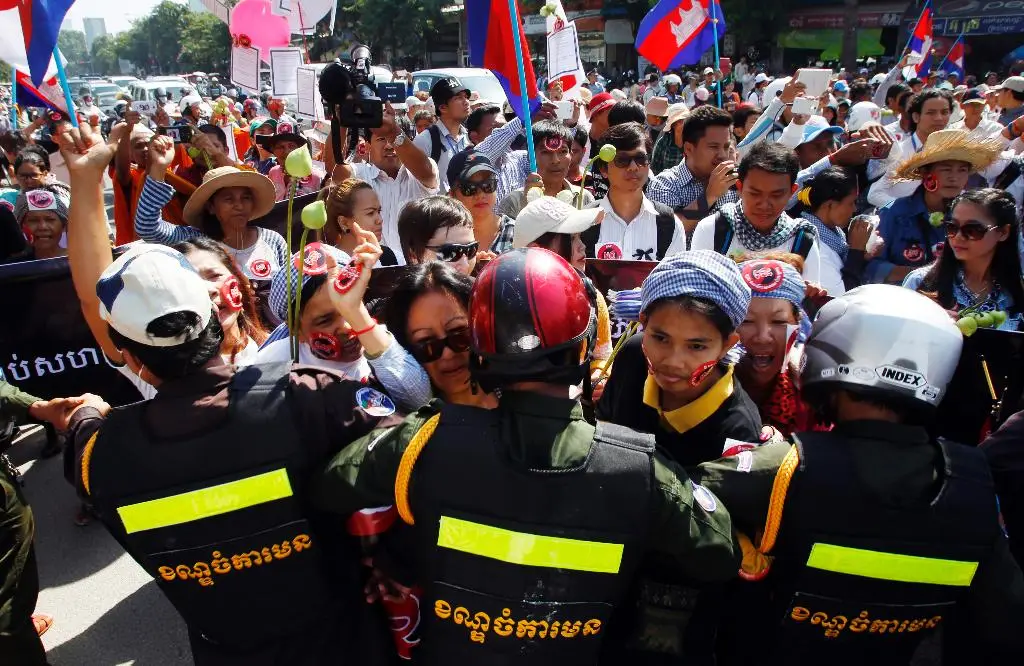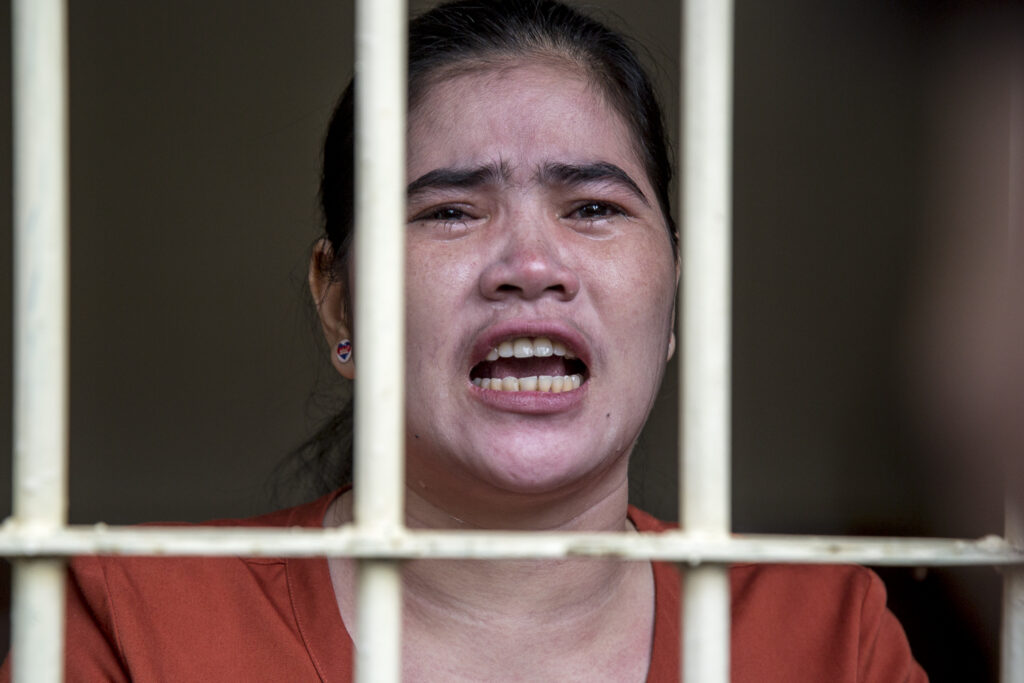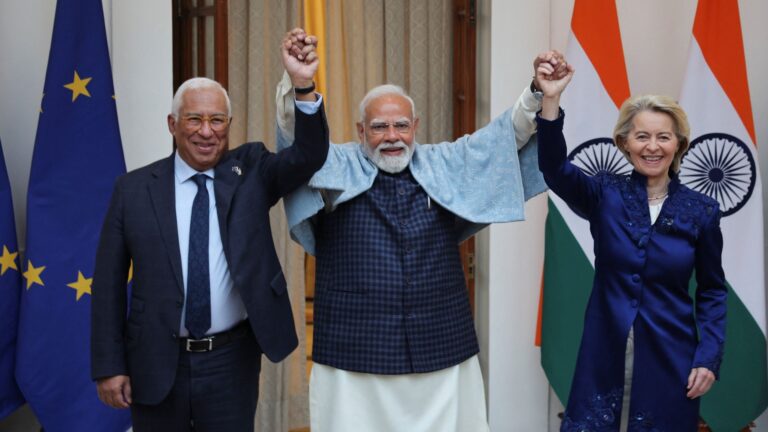
Imagine a young women, full of energy, steps out with a placard demanding justice for environmental destruction in her village. A few hours later, she is arrested, humiliated, and threatened with legal charges that could ruin her future. She disappears from the protest scene and from public life. This is not a scene from any novel, but a recurring reality in modern day Cambodia.
Once known for its vibrant grassroots movements and peaceful protests, Cambodia is now witnessing a systematic erosion of civic space, especially for women. In the past few years, government crackdowns, digital surveillance, online harassment, and threats of imprisonment have silenced female voices across civil society. It is not just censorship, it’s forcing women to retreat not by choice, but by fear.

From Leaders to Targets
Women in Cambodia were once seen leading campaigns, from land rights movements to environmental activism. Names like Tep Vanny, who led protests against forced evictions in Phnom Penh’s Boeung Kak Lake area, became national symbols of courage. But today, these same voices are being muted.

Activists are facing constant surveillance, threats on social media, public shaming, and legal actions under vague laws like “incitement” or “fake news.” Many women are withdrawing from public spaces, fearing arrest or defamation. Some have lost jobs, while others have been isolated even within their families, who fear government retaliation.
The Role of Technology in Repression of Women
In the digital age, technology should empower voices, but in Cambodia, it has become a weapon of control. Female activists are often targeted with deepfake videos, fake accounts, and coordinated smear campaigns. The aim is to shame, discredit, and mentally exhaust them. What is more dangerous is that online threats have real-life consequences some women have reported being followed, harassed, or even attacked offline after speaking out online.
The Law Is Not on Women Activist’s Side
While Cambodia is a signatory to international conventions on human rights, its legal framework is frequently weaponized. Laws that are meant to protect national security or public order are misused to arrest dissenters. Women activists are particularly vulnerable, as their protests are often labeled as “disturbing social harmony” or “immoral.”
The lack of independent judiciary and the intertwining of political power with law enforcement have created an atmosphere where justice is elusive. Most women activists are forced to either give up, go underground, or flee the country entirely.
Cambodian Young Women Empowerment Network
The Cambodian Young Women Empowerment Network (CYWEN) is a youth-led organization working to empower young women across Cambodia, especially those from marginalized communities.
At a time when Cambodia’s civic space is shrinking and women are being pushed out of public life, CYWEN has emerged as a courageous voice for gender equality, rights, and justice.
Here’s how CYWEN is helping shape the feminist movement in Cambodia:
- Creating safe spaces for women
- Training the next generation of women leaders
- Fighting Gender-Based Violence and Harassment
- Digital Activism and Storytelling
- Advocacy and Policy Engagement
Why the World Should Care
When women are pushed out of civic spaces, societies lose balance. Women’s perspectives, leadership, and grassroots involvement are essential for inclusive governance, sustainable development, and peace-building. Cambodia is not just losing women from protests, it is losing the potential of an entire generation of changemakers.
And this is not just a Cambodian story. Across the world, in places like Afghanistan, Iran, and even parts of India, we are seeing similar patterns, where women’s voices are first mocked, then criminalized, and finally erased.
This Is Not Just Silence, It’s Suppression
The international community must recognize what is happening in Cambodia: not an open attack, but a strategic silencing. Women’s retreat from public life is being framed as personal choice, but it is coercion in disguise.
To protect democracy, we must first protect those who dare to speak up, especially women. Because when retreat is the only safety, freedom is already lost.
For more such informative articles stay tuned at The World Times



